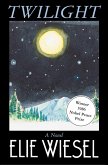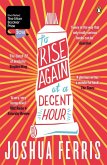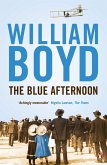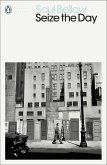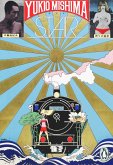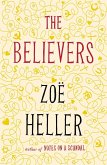Raphael Lipkin hears voices and talks to ghosts. Spending the summer at the Mountain Clinic, a New York psychiatric hospital, he is not a patient but rather a visiting professional with a secret, highly personal quest.
A Holocaust survivor who has painstakingly rebuilt his life, he has watched, horrified and helpless, as it all started coming apart. He longs for Pedro, the man who rescued him in postwar Poland - who became his mentor, hero, saviour and friend - and taught him truth from falsehood. But Pedro vanished into Stalin's gulags . . .
Desperate to explain his own survival, Raphael now seeks among the delusional patients the answers to the mysteries of good, evil and madness.
'A masterful storyteller . . . Wiesel creates a kaleidoscope of images that raise tantalizing questions' The Boston Globe
'From the abyss of the death camps he has come as a messenger to mankind--not with a message of hate and revenge, but with one of brotherhood and atonement' From the Citation for the 1986 Nobel Peace Prize
'Unquestionably, Wiesel is one of the most admirable, indeed indispensable, human beings now writing' Washington Post
Dieser Download kann aus rechtlichen Gründen nur mit Rechnungsadresse in A, B, BG, CY, CZ, D, DK, EW, E, FIN, F, GR, HR, H, IRL, I, LT, L, LR, M, NL, PL, P, R, S, SLO, SK ausgeliefert werden.



